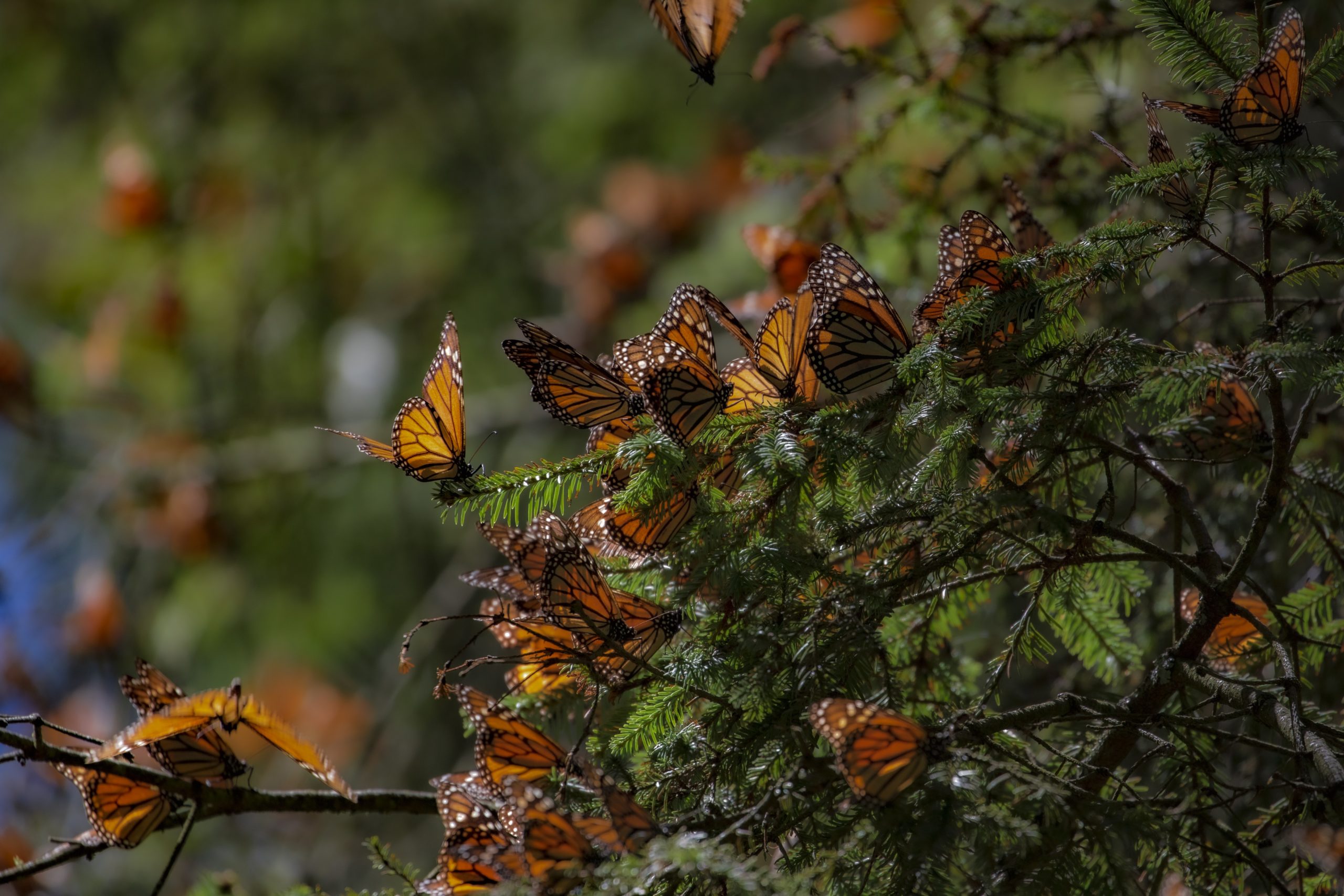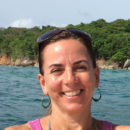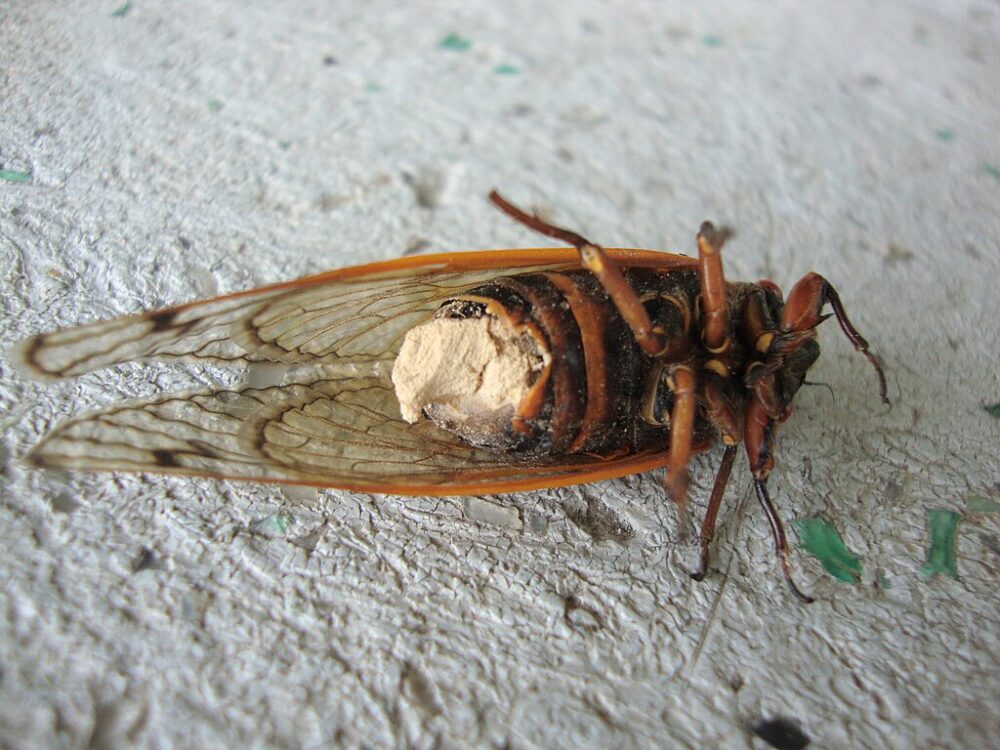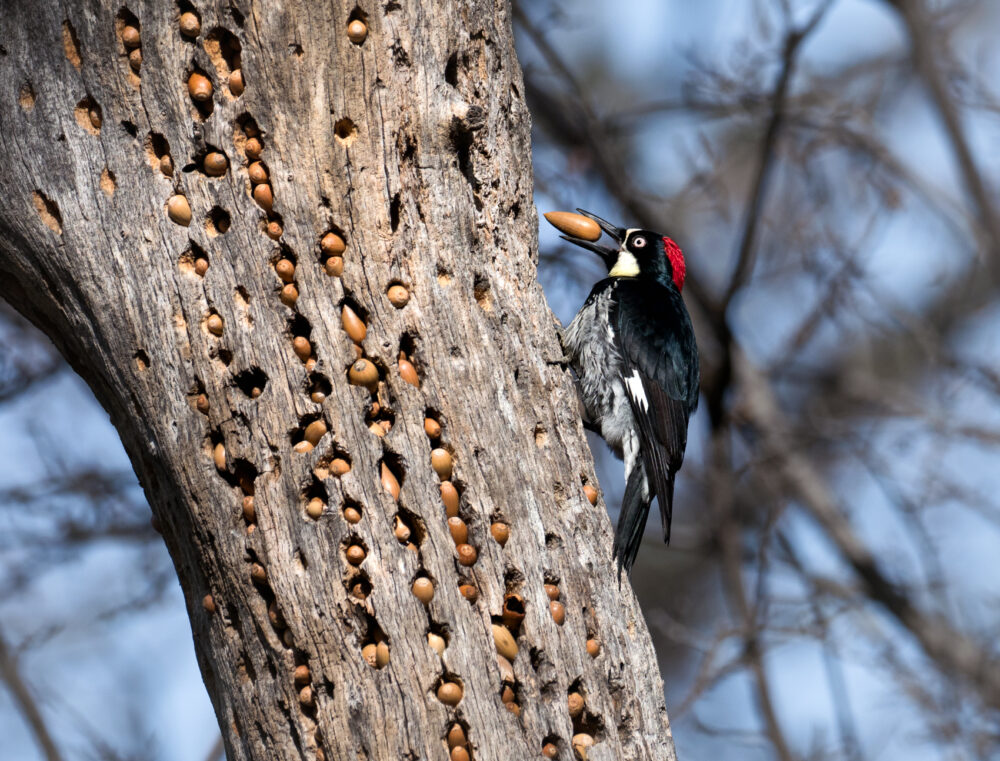We have much more to do and your continued support is needed now more than ever.
Honoring Latin American Environmental Defenders

As part of Hispanic Heritage Month, the Latinx, Hispanic, and Multicultural Employee Resource Group (ERG) at National Wildlife Federation would like to reflect and honor some of the lives of our brothers and sisters in Latin America who lost their lives or their freedom by courageously defending their ancestral land and environment.
“Latin America is part of the world which was for many years condemned to the system of power where intimidation had more strength than the vote”
Eduardo Galeano
Eduardo Galeano (1940-2015) was an Uruguayan writer best remembered for his 1971 book, “Open Veins of Latin America” in which he analyzes and deconstructs the roots and effects of colonialism and imperialism in the region during the last 500 years.
I have always felt a deep connection with this book, maybe it is because he wrote it the same year I was born. It was my faithful companion while I spent a year backpacking through South America in the 1990s. As I read his book, I could see and experience firsthand the complicated and profound effects of colonialism in the countries I visited.
In the 1960s and 1970s, Latin America went through an intense period of military-led coups, eradicating all efforts of authentic de-colonization and democratic self-determination. Since then, the rule of law has been for the different states to engage in many forms of inhumane intimidation practices to keep their citizens in place so they could keep bleeding out their countries by exploiting their natural resources.
The rule of intimidation in Latin America still persists to this day, and a clear indication is that in 2018 this region recorded more than half of all killings of land activists and environmentalists globally (Global Witness, 2019). To this number, we must also add all the people who have been incarcerated for defending their land and the environment.
For the second year in a row, Colombia, with 65 recorded killings in 2020, reported the highest number of homicides of land activists and environmental defenders in Latin America. Followed by Mexico with 30 killings, Brazil: 20, Honduras 17, Guatemala: 13, Nicaragua: 12, and Peru: 6 [RQ1] (Romero, 2021). In addition, the total homicides from 2015 reveal that more than half (57.6%) of all killings in Latin America occur within Indigenous communities, another remnant of this region’s colonialist legacy (Rossi, 2021).
Most of these killings are related to the petroleum, mining, logging, agriculture, and cattle industries. Others have to do with infrastructure development like dams, highways, electric power stations, housing, and hotel constructions. In either case, the governments of these countries are intricately connected to the private companies, facilitating total impunity to these homicides. The majority of these cases are never even investigated by the local authorities, and a conviction is highly unlikely.
Some of these brave environmental defenders are:
Colombia
Gonzalo Cardona Molina (killed January 11, 2021)
First environmental leader killed in 2021 in Colombia. He dedicated more than two decades of his life to the protection of the endangered species, the Yellow-eared parrot (Ognorhynchus icterotis). Since 1998, he worked at the “Reserva ProAves Loros Andinos” in the central mountain region of Colombia. At the time of his death, he served as the coordinator of the reserve. His co-workers said he was the person who knew most about this bird species in the world.
Further Reading: English, Spanish
México
Homero Gómez González (January 13, 2020)
Homero grew up in the forests of Michoacán, where one of the most important Monarch butterfly sanctuaries, El Rosario, lies. He was the oldest of nine brothers & sisters. Every fall he would see how millions of Monarch butterflies migrated to the forests around his house. His grandparents taught him that the butterflies were the spirits of their ancestors returning every year to rest on the Day of the Dead (Bremner, 2021)
His family believes his death is related to the land disputes between the avocado growers, the timber industries, and the drug cartel, Jalisco Nueva Generacion, one of the most violent drug cartels of Mexico. More than a year after, the investigation of his death, and that of many environmental activists from Michoacán, are still unresolved.
Further Reading: English, Spanish

Brasil
Paulo Paulino Guajajara (killed November 1, 2019)
The policies of Brazil’s current president, Jair Bolsonaro, are virtually a declaration of war on the country’s Indigenous peoples. Since Bolsonaro’s election in 2018, the invasion of Indigenous lands has increased 150 percent (Dias, 2019). He has opened their ancestral lands to the mining, timber, agriculture, and cattle industries.
Paulo was only 26 years old when he was killed by illegal loggers defending his land in the Amazon. He was part of a group formed in 2012 called, Guardianes del Bosque (Guardians of the Forest). The group was composed of more than 100 Indigenous people from the Arariboia reserve, in the state of Maranhao in the Amazon.
Honduras
Berta Cáceres (killed March 3, 2016)
Berta was an Indigenous woman from the Lenca community in Rio Blanco, Honduras, and a Goldman prize recipient in 2015. She died defending her community from the construction of the Agua Zarca hydroelectric dam on the Gualcarque river by DESA, one of the world’s largest dam builders.
Her case is unique because it marks one of the first instances where the authorities have actually charged and convicted the men responsible for her death. But, the intellectual authors of her murder have yet to be charged or arrested. Her family and friends continue to seek justice for Berta Cáceres.
Further Reading: English, Spanish
Guatemala
Jorge Juc Cucul (killed July 25, 2019)
Jorge Juc was a 77-year-old Indigenous Maya Q’eqchi community leader killed in his own cornfield in front of his son. Even though the family identified the man who killed Cucul with a machete, the authorities never arrested him. He was the president of the community organization CODECA (Campesino Development Committee) in the municipality of Livingston, Izabal. He is one of the many members of CODECA that have been murdered over the years with total impunity. CODECA is an Indigenous-led community organization fighting for their land and environmental rights from the mining industry.
Further Reading: English, Spanish
Nicaragua
Miskito & Mayangna Indigenous communities of the Bosawas Biosphere Reserve (49 women & men killed since January 2020)
The Bosawas Biosphere Reserve connects the flora and fauna of South and North America. Between the core, buffer, and transition areas it covers a total surface area of 2,182, 500 hectares. It’s located on the northeastern Caribbean coast of Nicaragua. Studies have shown that 13% of known species worldwide are found in the Bosawas Biosphere Reserve.
It is an area plagued by violent conflict between the Indigenous Miskito and Mayangan communities and the illegal mining and timber industries. One of the worst attacks occurred this past August 25th, when a large group of settlers (believed to be former soldiers linked to the mining and lumber companies) killed at least 11 people with machetes and guns.
Further Reading: English, Spanish
Peru
Edwin Chota, Jorge Ríos Pérez, Leoncio Quinticima, and Francisco Pinedo (killed August 2014)
Edwin Chota was the leader of the Alto Tamaya-Saweto community, an Asheninka Indigenous community of the Ucayali region in the Peruvian Amazon. All four men were killed by illegal loggers operating in their region close to the Brazilian border.
As in the murder of Berta Caceres, this is an unprecedented case in Peru since in 2019, five years after, prosecutors have charged five men of the timber industry with their murder.
Further Reading: English, Spanish
Ecuador
Maria Taant (killed March 27, 2021)
María Taant was a Shuar leader from the Ecuadorian Amazon. She was a widow and mother of four children who fought for their ancestral lands and the rights of the women of Amazonia. She was run over by a car while returning to her home after a march in the ancestral town of Puerto Santa Ana in the Pastaza providence.
Chile
Francisca Linconao (political prisoner):
Francisca Linconao is a machi, a Mapuche spiritual leader, and a human rights activist. She was the first Indigenous woman to successfully appeal to the 1989 Indigenous and Tribal Peoples Convention. She sued the logging company and was able to stop the deforestation of the forest next to her community. In 2013, she, along with 10 other Mapuche community leaders, was accused of killing a couple due to a house fire. She was arrested on charges of terrorism and illegal arms possession. The struggle for the acquittal of these charges, and retain their freedom lasted from 2013 until 2018. She is now an elected member of the convention that is writing the new national constitution of Chile.
Further Reading: English, Spanish
If you’d like to learn more about Latin American and Indigenous environmental defenders, start with this list curated by our ERG:
- Who Is Killing Latin America’s Environmentalists? Council on Foreign Relations.
- Killings of Colombia environmental activists hit record, NGO says, despite government promises
- He tried to save a rare parrot. It cost him his life
- In memoriam: 28 Indigenous Rights Defenders Murdered in Latin America in 2019
- Regional Agreement on Access to Information, Public Participation and Justice in Environmental Matters in Latin America and the Caribbean
Acknowledgments: Thanks to Rebeca Quiñonez-Piñón and Gabrielle (Gabi) Rivera for their conceptual contributions, revisions, and for providing data to create this blog.






















